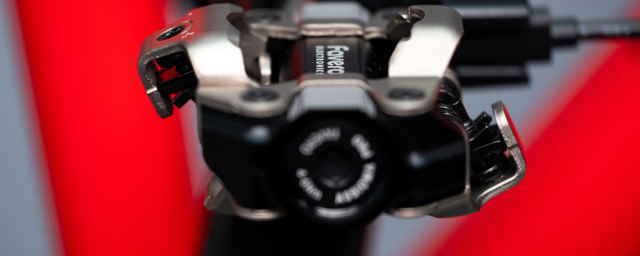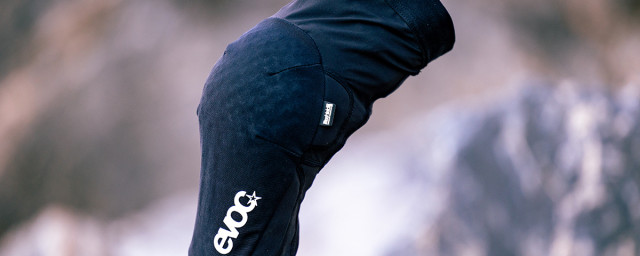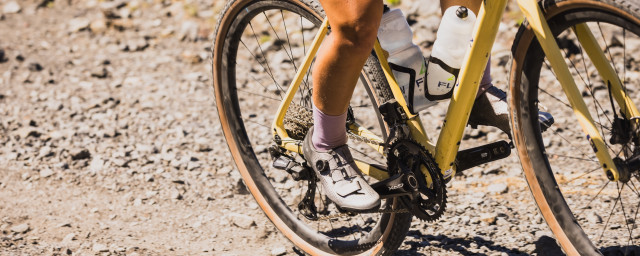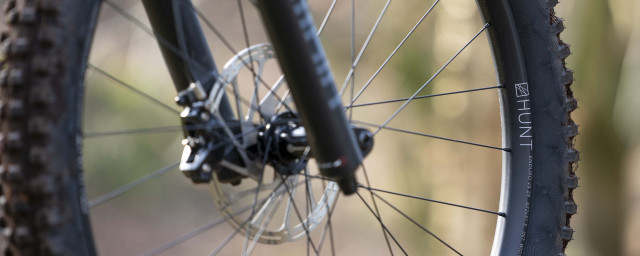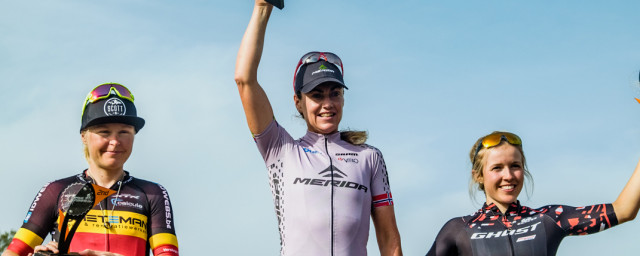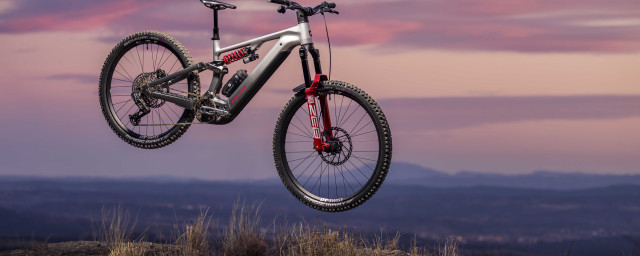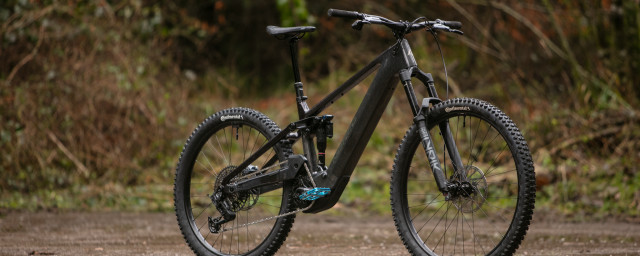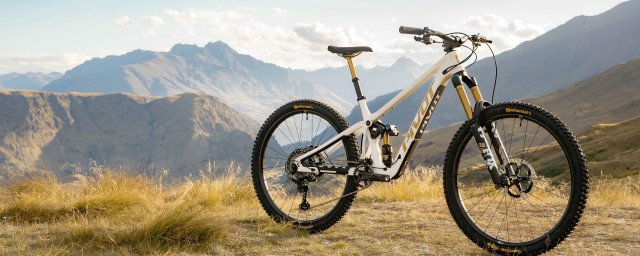Industry Insider - MTB Career insights with Joe McEwan of Starling Cycles
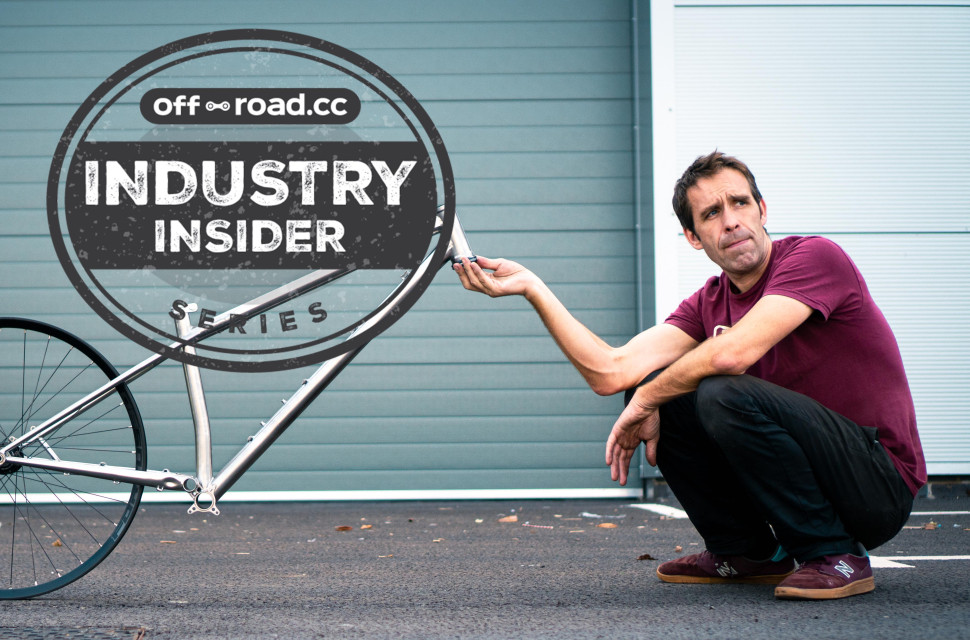
[Words by Steve Thomas - Header image by Jamie Edwards]
From his garden shed in the Southwest of England, long-time aerospace engineer and carbon composites expert, Joe McEwan, flipped the complexities of his life sideways and turned his hand to creating steel bikes – classic, simple, elegant and yet progressive masterpieces of off-road shredding.
- Industry Insider – MTB career insights with Chris Porter
- Industry Insider: MTB career insights with Sarah Leishman
- Industry Insider: MTB career insights with Rich Wilford
Much like the Birdman of Alcatraz, Joe would glance out of his misty shed window at the birds, and marvel with envy at their freedom and simplicity – hence Starling Cycles came to be in 2016.
We spoke to Joe to learn about what it’s taken to create a bike brand from scratch, and also learn of the realities of life behind the welding torch, and of the other kinds of files in the running of a bike business.
What is your job?
I'm the founder of Starling Cycles. I’m part time manager, part time bike design engineer, part time dogsbody.
How did you get into what you do?
While I was working as a full-time aerospace engineer, I started building bikes in my shed at the bottom of the garden as a hobby.
After a few iterations of design, people showed a bit of interest in my bikes, especially Steve Jones of Dirt mag fame. He test rode one, loved it and put it onto his Insta feed. This led to sales and from then onwards it became a bike company.
How did the name Starling come about?
Next to our garden, and my old frame building shed, is an allotment where there are some large trees that starlings used to roost in.
When I would come out of my shed I'd look up and see loads of them. They’re simple, beautiful and practical just like the bikes so the name seemed obvious. They’re also quite mischievous, which I like.
How long have you been working in the bike industry?
I started Starling in 2016, so that's when I technically joined the industry. But it took me a good few years to understand what that meant.
Popping my Eurobike cherry, to me, was the real start. Before that I had no bike industry involvement.
In regards to frame materials, attitudes towards bike designs and the market changed since you started?
I suppose we're really talking about steel for high end performance mountain bikes.
Aluminium and carbon have long been considered the ‘best’ materials. When I started, steel was commonplace for hardtails, but much less so for full sus. Cotic had done one batch of Rockets, I think, Production Privee was starting, and there were a few smaller brands like Doberman and SWD (both of which I had owned).
[Image by Dave Price]
There was still a belief that steel was heavy and that for full suspension steel was too flexy.
Firstly, flex can be a positive feature. We’re about to release some testing info that we did that shows steel bikes aren't necessarily less stiff than other materials anyway. Secondly, a well designed steel bike with quality tubing is not necessarily heavy. and certainly not when you consider additional benefits.
So, I suppose I was one of the first brands to capture people’s imagination with steel full suspension bikes, and this has continued to the present day. It’s still a niche material but considered less of a “stupid decision” these days.
What was your frame building experience when you set up shop, and how different was it to your past role?
My previous role was in analysis, nothing hands on, mostly detailed hand calculations with a bit of FEA (Finite Element Analysis) thrown in. Later on I went on to senior technical roles and managing technical teams.
I learnt framebuilding on a course with Dave Yates, an old school UK framebuilder. His 'give it a go' attitude was infectious, so I did.
Is there anything you wish you could change about your role/job?
I love Starling and I love what my employees and I have created. But as any small business owner will tell you, it's hard work. I'm pretty good at not working long hours, but the continuous background stress and sleepless nights when issues occur is hard work in the long run. Without this, it would be a dream job.
What does the average week look like?
I ride five days a week, and take a holiday every month – If only!
I mostly sit at the computer, just keeping things ticking along, answering 100 or so emails a day, various bits of planning and processes, meetings, bits of accounting, bits of bike design. Then, maybe a little bit of helping the workshop staff, the same as many people really, it's just that the product is a bike.
I do try to ride once a week for testing, development, and because I love it.
What advice would you give to someone who wants to do your job/what you do?
If someone want to do my job, just get in touch, perhaps they can take it on. Hours are long, stress is high, pay is shit.
I'm not sure how you would get into this? There's lots of aspiring framebuilders out there but the reality is that it’s only a tiny bit of it. You need to be able to run a business.
To give you an idea we are essentially five staff, two are manufacturing/assembly and the rest are involved with keeping business going. Lots of framebuilders give up as they don't realise that the rosy image in their mind is very different to the reality of VAT returns, customer emails, ordering stock etc.
But if you want to do it either 'just f***ng do it' or try to find a job in the aspect of the industry that excites you most.
What do you like most about what you do?
I really like the bike engineering, riding something you have designed is an amazing feeling.
But also the people, like most engineers I'm a bit autistic, I don't really like people. But even so, when you speak to customers who love what you're doing and love the bikes, that's a great feeling
If you weren’t doing this, you would be?
Probably still an aerospace engineer, I think my next step would have been into some Chief Engineer roles, which could have been exciting.
What have been some of the highlights of your bike/bike building career?
The biggest highlight was really in the early days when customers and media started riding the bikes and loved them. The realisation that I had actually created a special bike was amazing.
The industry finds itself in a tough situation of late. Do you see it recovering any time soon and, if so, what will brands need to do to stay relevant and afloat?
At Starling we've weathered the storm pretty well, in fact this year sales are growing. But we're top-end and niche, so this is perhaps understandable.
As for other companies, who knows. I'm sure they know better than me. But I'm sure they will try to solve it with more unnecessary technology and marketing bullshit. More discounting and sales too I suppose.
As a smaller independent brand, how has the post Covid era played out for you, is it very different compared to a large mass produced brand?
We’ve been OK post COVID-19. We only manufacture to demand, so have no overstock. And we were very careful in COVID not to take on too many orders.
We also provide products that are considered a long term purchase. Our frames last a long time and we have many customers still riding around on the very first bikes I made in my shed in 2016.
I hope this means people are more willing to commit rather than just buying the latest and greatest that will be defunct (or broken) pretty soon anyway.
What do you dislike most about the cycling industry?
The bullshit!
The whole belief that if you ride the same bike as the top pros, then you are going to be able to be as fast as them. Or have more fun, or beat your mates, or have a better ride. Or that you need a top level bike to 'reach your potential'.
I love nothing more than powering past a skinny Lycra clad roadie on his full carbon bike, but riding my big heavy fat tyre Surly commuter bike, and happens a lot.
If people were honest with themselves, they would realise that they don't need the latest and greatest, and all those so-called marginal gains. They just need a good-functioning bike that’s fun to ride and makes them feel good.
I do understand why people like talking about bike technology, I love to do it myself. But be honest with yourself, you can find it interesting without pretending it's gonna make you the next Loic Bruni.
How do you keep things balanced when your hobby becomes your job?
Find another hobby! I got really into skateboarding a couple of years back, which is something I did as a kid and started again with my son. Now I'm reliving my early 20s and making techno music in my house, much to the annoyance of my very understanding wife.







